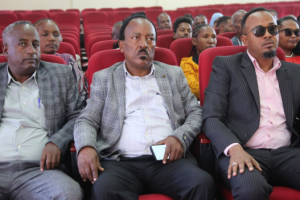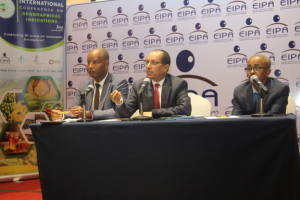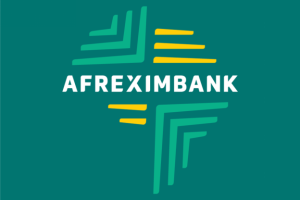
Social media has become a ubiquitous part of everyday life that one can safely say that we live in an era of social media. As a communication platform, social media provides users the ability to share photos, opinions, events, etc in real-time, which in turn has transformed the way societies today live and do business.
As the platform is used for social interaction and access to news and information, and decision making, its importance is huge. However, despite the fact that social media are and could be used for various positive and constructive things, it cannot be denied that hate speech and false news is thriving on the platform.
And given its importance, it is high time that the country/government, both swiftly carefully, enforce regulations on the platform without undermining freedom of speech and the democratization process that is being underway. Prime Minister Abiy have at one time said regarding social media that the platform has been misused by the users to negative ends, while it could have been used constructively for good.
Indeed, while these platforms present new opportunities for developing countries like ours in various dimensions, they also create vulnerabilities for some to exploit and spread misinformation, encourage hate speech, engage in online harassment and restrict free speech. Considering the delicate position the country finds itself in regards to recent political reform and democratization effort, social media must be regulated and effectively managed so that the platform does not compromise the success of the reform process the country is in.
Some people argue that regulating social media can led to infringing freedom of speech and peoples’ right to privacy, which is not unwarranted. However, weighing it against the negative effects and the potential harm it harbors, it is obvious that the platform reached a point where it needs to be governed in ways that is suitable for public interest. The essential thing here is to make sure that the regulation that will be enacted is apt, tacit and does not cause more harm than good.
After all, no regulation is sometimes better than bad regulation, as it can cause problems. We need to make sure that the government is not formulating the legal framework to manage social media just for the sake of regulating, but for protecting public interest, while letting innovation and business flourish. We need to make sure we do not enact misguided rules that can stifle freedom of speech and exchange of ideas, and discourage innovation and businesses.
Nevertheless, unregulated communication platform can undermine the country’s effort of emboldening good governance and transparency by using e-governance initiatives. It can negatively affect the country’s ambitious plan of utilizing digital technology and innovation to foster rapid development, and consolidate democracy.
We have seen how social media influenced elections in other countries; developed countries with way more experience in democracy and democratic culture than Ethiopia. Thus, there is a strong public interest for Ethiopia to regulate social medias; but at the same time, the country should move with great care and caveat in exploring the appropriate regulation to address the negative social costs of social media.
The onus is on being able to identify the beneficial and the negative side of the platform, the country’s own unique cultural features, and the tricky task of tackling hate speeches without stifling freedom of speech.
The Ethiopian Herald, January 16/2019





